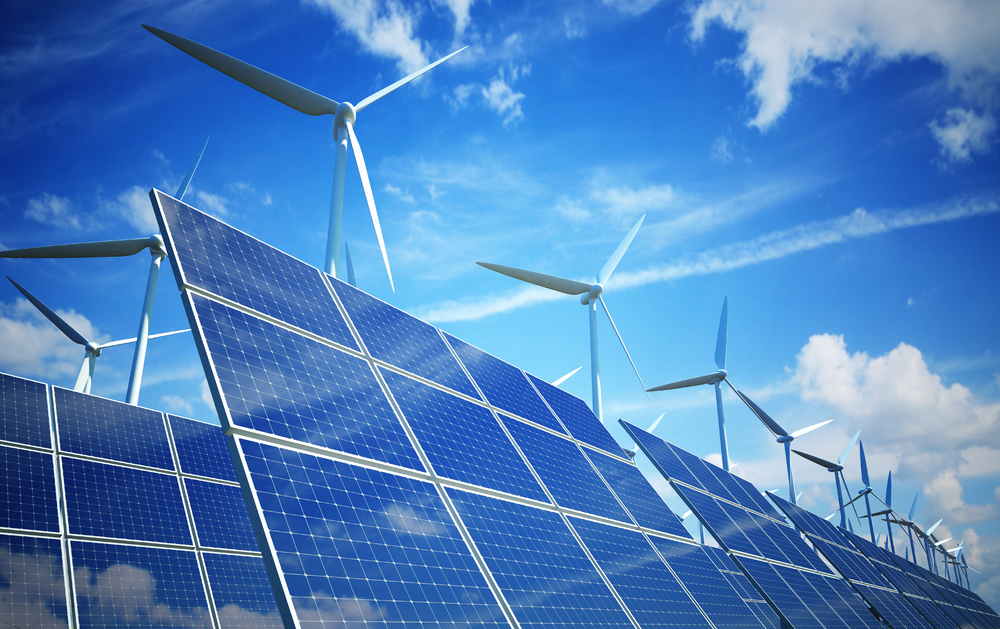Distributed Energy Resources, GHG Emissions, Wind - September 9, 2024
Delaware Governor Signs Bills to Support Clean Energy
Governor John Carney signed a package of bills that further Delaware’s efforts to protect the environment and support clean energy, including wind power and transitioning to electric vehicles.
The legislation included Senate Bill 265, House Bill 9, House Substitute 2 for House Bill 13, Senate Bill 237 and House Bill 402.
“Delaware is the lowest lying state in the country, and we have seen climate change affecting our communities. I’m proud of the work that we have done to mitigate those impacts, reduce greenhouse gases, and find cleaner ways to generate energy. We know that the work must continue,” said Governor John Carney in a statement. “Senate Bill 265 gives us options to move forward on purchasing wind-generated renewable energy in a fiscally responsible way. House Bill 9 converts our state fleet to electric vehicles.”
The Delaware Energy Solutions Act of 2024, created by SB 265, authorizes processes necessary to help meet the net zero goals of the Climate Change Solutions Act of 2023. The bill facilitates a transition to carbon-free energy sources by preparing for offshore wind to be a significant element of Delaware’s energy future and increasing options for interconnecting renewable energy resources to the transmission grid.
Senate Bill 237 amends the Delaware Code relating to municipal comprehensive plans to require municipalities with populations greater than 2,000 to increase community resiliency and address the impacts of climate change in their comprehensive plans. House Substitute 2 for House Bill 13 requires the Director of the Sustainable Energy Utility to administer a program to provide financial assistance to Delaware residents for the cost of purchase and installation of electric vehicle supply equipment.
House Bill 9 requires that all passenger vehicles and light duty vehicles owned and operated by the State be zero-emission vehicles by 2040.
Read These Related Articles:
Stay Up-To-Date












